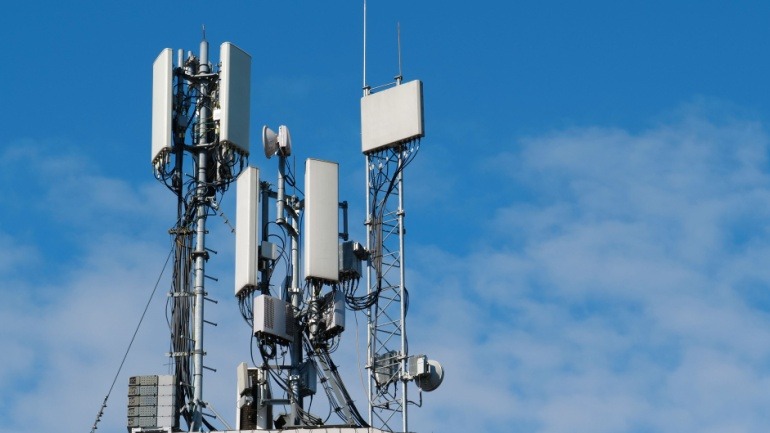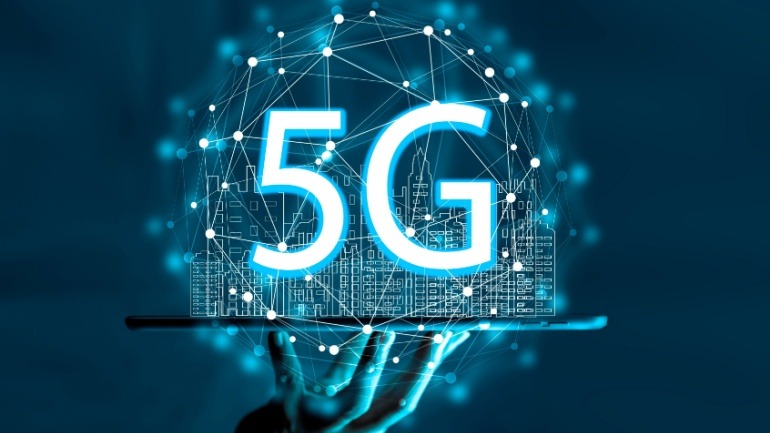The Radio Access Network market continues to thrive in 2025, with key players like Huawei, Ericsson, Nokia, ZTE, and Samsung steering the industry forward. The RAN sector is evolving through artificial intelligence and cloud-native technologies, especially in Asia-Pacific. Stay updated with the latest trends and insights in VoIP solutions.
Indosat is using Nokia’s AI-based energy solution to cut emissions and boost efficiency across its mobile network. The system uses machine learning to manage traffic loads and reduce power usage during low-demand periods, marking a major step in the operator’s shift toward sustainable, tech-driven operations.
Ericsson and SoftBank are advancing AI integration within Radio Access Networks (RAN). Leveraging NVIDIA’s Grace Hopper Superchip, they aim to streamline RAN functions for optimized performance.
Ericsson has partnered with Ooredoo Qatar to deploy advanced 5G technologies, including AI-driven RAN, Massive MIMO radios, and high-capacity microwave backhaul. The collaboration enhances connectivity, expands 5G coverage, and enables future 5G-Advanced integration.
Verizon’s recent 5G trial, in collaboration with Samsung and MediaTek, showcased download speeds of 5.5 Gbps using advanced carrier aggregation. This breakthrough highlights the potential of 5G technology for enhances solutions.
SoftBank and NVIDIA have made a breakthrough in AI-driven RAN technologies by successfully integrating AI with 5G networks, branding it as AI-RAN. This collaboration, highlighted during the NVIDIA AI Summit in Japan, promises to convert base stations into AI revenue assets.
BSNL is spearheading the 5G revolution in India, launching a tender for 5G infrastructure in New Delhi to cater to 100,000 users. Utilizing 900 MHz and 3.3GHz bands, BSNL aims to boost digital presence with 5G SA connectivity and fixed wireless access broadband.
The formalized partnership between Nokia and NTT DATA marks a significant shift in their approach to private 5G networks, promising enhanced connectivity and technological advancements. This collaboration focuses on leveraging Nokia’s robust radio access network infrastructure to optimize operations in smart cities, airports, and industry sectors, reflecting a promising digital future.
Spark New Zealand has chosen Nokia to expand its 4G and 5G networks, enhancing VoIP capabilities across various cities. Utilizing Nokia’s 5G AirScale suite, Spark aims to simplify operations and boost efficiency.
NVIDIA is partnering with T-Mobile, Ericsson, and Nokia to revolutionize mobile networks using AI-RAN. By leveraging the NVIDIA AI Aerial platform, this alliance aims to enhance 5G and future 6G networks. The partnership will optimize network performance and operational costs, paving the way for innovative AI-powered applications.













